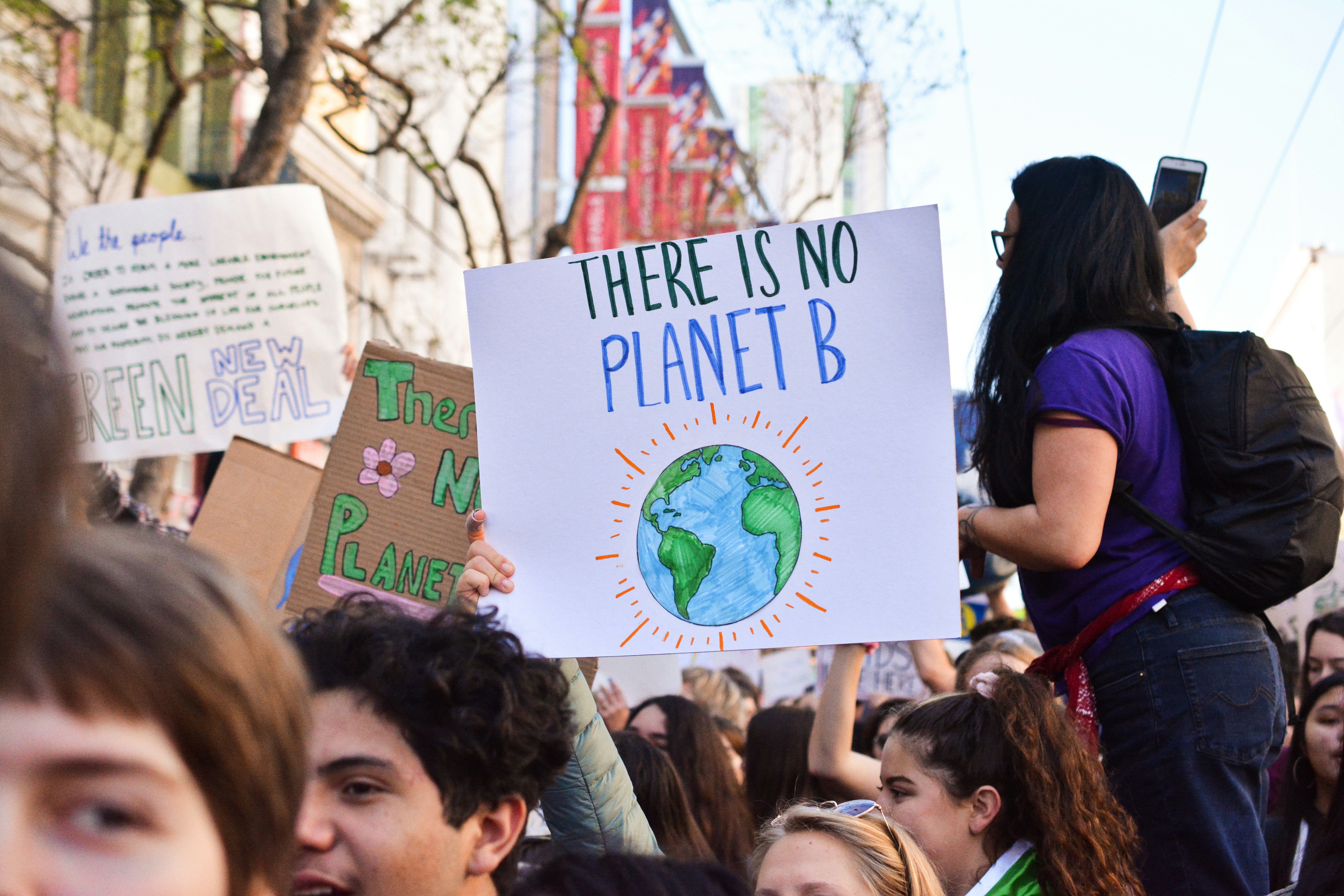Examining the PPP 2024 Manifesto through a Climate Justice Lens
February 3, 2024•621 words

Building upon my initial exploration of climate change, ignited by a surprisingly profound YouTube podcast by Shehzad Ghias and his guest Bilawal Bhutto, I have delved deeper into the intricacies of this global challenge.
My updated response to this post: https://munvaray.com/53037/re-examining-the-ppp-2024-manifesto-through-a-climate-justice-lens
This journey led me to the Pakistan Peoples Party's (PPP) 2024 manifesto, a document outlining ambitious plans for climate resilience and sustainable development. While my first essay laid the groundwork for understanding the core issues of historical emissions, unequal impacts, and the need for a justice-oriented approach, engaging with the PPP manifesto offers a concrete roadmap for potential solutions.
Resonating Visions:
Several aspects of the PPP manifesto resonate deeply with the values and principles I articulated in my previous blog. Its commitment to:
Climate-proofing investments: Building resilience, ensuring scarce resources are not wasted on infrastructure vulnerable to future climate shocks.
Prioritizing green energy solutions: The shift towards renewable sources like solar and wind not only combats emissions but also empowers communities with energy independence, a fundamental right highlighted in my earlier analysis.
Ensuring job creation within the green transition: Call for a just transition that protects livelihoods while fostering new opportunities in sustainable sectors.
The manifesto further acknowledges the critical need for:
Building climate-resilient futures: Adapting to the inevitable impacts of climate change is crucial for protecting vulnerable populations and ensuring long-term sustainability.
Recognizing affordable electricity as a fundamental right: This promotes equitable development and empowers communities, particularly those most impacted by energy scarcity.
These elements solidify the manifesto's vision for a climate-just future.
Questions and Considerations:
However, my enthusiasm is tempered by certain aspects requiring further analysis. While the manifesto outlines ambitious public sector investments and encourages foreign direct investment, I share concerns about:
Potential dependency on external resources: Excessive reliance on foreign aid or investments could compromise Pakistan's autonomy and limit the agency of local communities in shaping their own solutions.
Overlooking local solutions and grassroots initiatives: Prioritizing large-scale projects might neglect smaller, community-driven efforts that are often more adaptable and responsive to local contexts.
Furthermore, the ambitious goals within the manifesto necessitate careful consideration of:
Effective implementation: The success of these policies hinges on transparent, accountable, and inclusive processes that ensure participation from all stakeholders, particularly the most vulnerable communities.
Robust monitoring and evaluation: Regular assessments are crucial to track progress, identify shortcomings, and ensure the policies deliver on their intended outcomes.
Moving Forward: Towards a Shared Vision
Engaging with the PPP manifesto has deepened my understanding of the complexities involved in transitioning to a climate-just future. While I applaud the manifesto's vision and commend its alignment with several key principles, further examination of potential pitfalls and a focus on transparency, local empowerment, and robust implementation are crucial.
The path forward necessitates a collective effort that embraces:
Inclusive decision-making and implementation: All stakeholders, particularly marginalized communities, must have a voice in shaping solutions.
Prioritizing and empowering local solutions: Communities must be equipped to develop and implement solutions tailored to their specific needs and contexts.
Investing in capacity building and knowledge sharing: Education, training, and technology transfer are essential for communities to adapt and thrive.
Holding polluters accountable: Advocating for international mechanisms that ensure developed nations contribute their fair share and compensate vulnerable countries disproportionately impacted by climate change.
This journey into climate justice has instilled in me a deep understanding of the challenges and opportunities we face. As we move forward, let us leverage the insights from the PPP manifesto while critically engaging with its complexities, all while prioritizing transparency, local empowerment, and a shared commitment to building a sustainable and equitable future for all.
References:
- PPP Manifesto 2024. (2024) https://pppp.org.pk/website/wp-content/uploads/2024/01/Manifesto-2024.pdf